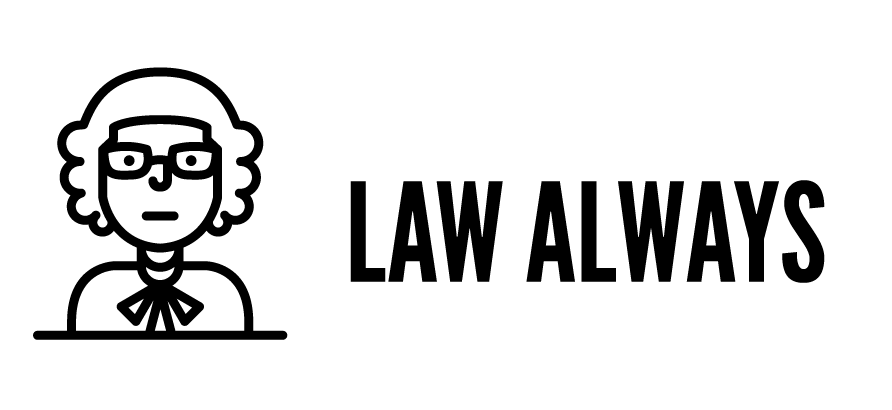3D printing is exciting new technology, but there are certain feelings of trepidation that people have about it as well. In a way, it seems almost magical. Using this device, you can create items which you can then apply toward practical purposes out in the world. But where new tech is available for use that are not yet highly regulated, there is always the possibility of illness or injury, and that leads to the question of who might be held legally responsible in such cases. Let us examine that question in a little more depth.
What Are the Risks of 3D Printing?
Before we proceed into who might be held legally responsible for 3D printing mishaps, let us consider what might happen with 3D printers or the items that they produce. Because 3D printers can be made to provide food, it is always possible that someone could get ill from ingesting one of these food items. It is also possible that if some product was made with a 3D printer, that a person might be injured from using it if the product proved to be defective. Property damage might also take place.
So, Who Might Be Held Responsible?
As of right now, the law is still attempting to catch up with the technology as it relates to 3D printers. This is hardly unusual. It often happens when some innovation shakes up the status quo. If it is a private citizen that makes something with a 3D printer, and then someone else is injured or property damage is caused by the item the printer produced, then it stands to reason that the owner of the printer would be the one against whom suit might be brought, be it criminal or civil. If a private citizen makes something with their 3D printer and then someone else uses the item for a nefarious purpose, then it is likely that charges could be brought against both the person who made the object and the one who used it.
Corporations Could Also Be Held Accountable
It is also possible that at some juncture, corporations might begin to use 3D printers for mass production of goods. If that ends up happening, then the corporation will be held to account in the case of a mishap with the item in question. In that respect, it will be similar to the right of a consumer to sue if they are harmed using an object manufactured more conventionally.
What Does the Future Hold?
Because 3D printers are still relatively expensive and people tend to be distrustful of the latest technology, their use has not become very widespread for commercial purposes or private ones. However, it is probable this will change as the months and years pass. It should be fascinating to see what effects 3D printing will have on the world at large. It would also be safe to think that we are going to be hearing about some legal cases involving 3D printers and the objects that they’ve created which should be of interest to the mainstream media.






